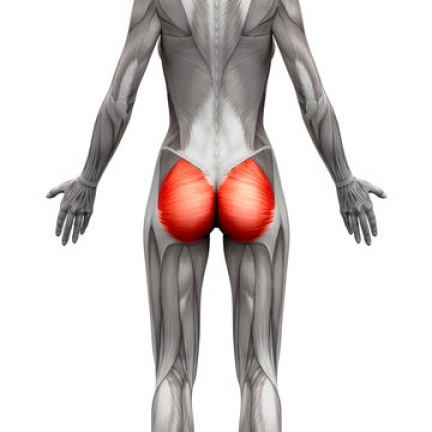Discover a Powerful Exercise to Manage Hip Pain from Gluteal Tendinopathy
Most of us have experienced the discomfort associated with hip pain at some point in our lives. Whether it’s from a sudden sport-related injury or the result of age-related deterioration, hip pain can be incredibly frustrating and debilitating for those affected. One way to manage and treat hip pain is through a form of exercise known as acute eccentric exercise.
Gluteal tendinopathy is a common cause of hip pain, whereby the gluteal tendon becomes inflamed due to an overload of tissue surrounding it. This can be caused by factors such as a sudden increase in physical activity, incorrect technique while exercising, poor posture, muscle imbalances, movement patterns, or general wear and tear over time.
In mild cases, the pain usually eases with rest; however, if not managed appropriately, Gluteal tendinopathy can lead to a gluteal tendon tear.
What is Acute Eccentric Exercise?
Acute eccentric exercise is a type of exercise that focuses on the lengthening phase of muscle contraction. It is used as an intervention for tendinopathy as it has been shown to promote healing of the tendons and reduce pain.
Stretching exercises may be useful for improving flexibility in the muscles around the hip, which can help to reduce stiffness and improve range of motion. These types of exercises should be done cautiously and focus on gentle, sustained stretches rather than forceful ones.

Recent studies have shown that patients who received the acute eccentric exercise intervention had great improvements in pain and function. Studies by Imeche MF and Purdam CR suggest that acute eccentric exercise may be especially beneficial for those who experience hip pain due to the gluteal tendon becoming overloaded, as it can be used to reduce inflammation and improve function.
It is important to note that acute eccentric exercise should only be performed under the guidance of a healthcare professional. Without this supervision, individuals may put themselves at risk of further injury. A healthcare professional should determine the new form of exercise is right for your case, and can advise you on the alternative types of exercises and how to perform them safely.
However, Acute eccentric exercise is worth considering for individuals experiencing hip pain due to gluteal tendinopathy or a tendon tear, as it can provide them with a safe and effective way to manage their symptoms.
While, our review did find that while acute eccentric exercise may help reduce pain and improve function, there is limited research surrounding its long-term effectiveness. If individuals wish to continue using acute eccentric exercise as part of their ongoing treatment, it is important to ensure they have a sufficient understanding of the technique and the potential risks and benefits associated with it.
Lifestyle management strategies may also help to reduce the symptoms of gluteal tendinopathy. This could include avoiding certain activities, adjusting posture, and pacing lifestyle activities. Other interventions such as rest, ice, and heat therapy may also provide relief from pain. Thus, combining multiple types of treatments is likely to provide individuals with the most comprehensive approach to managing their symptoms.


